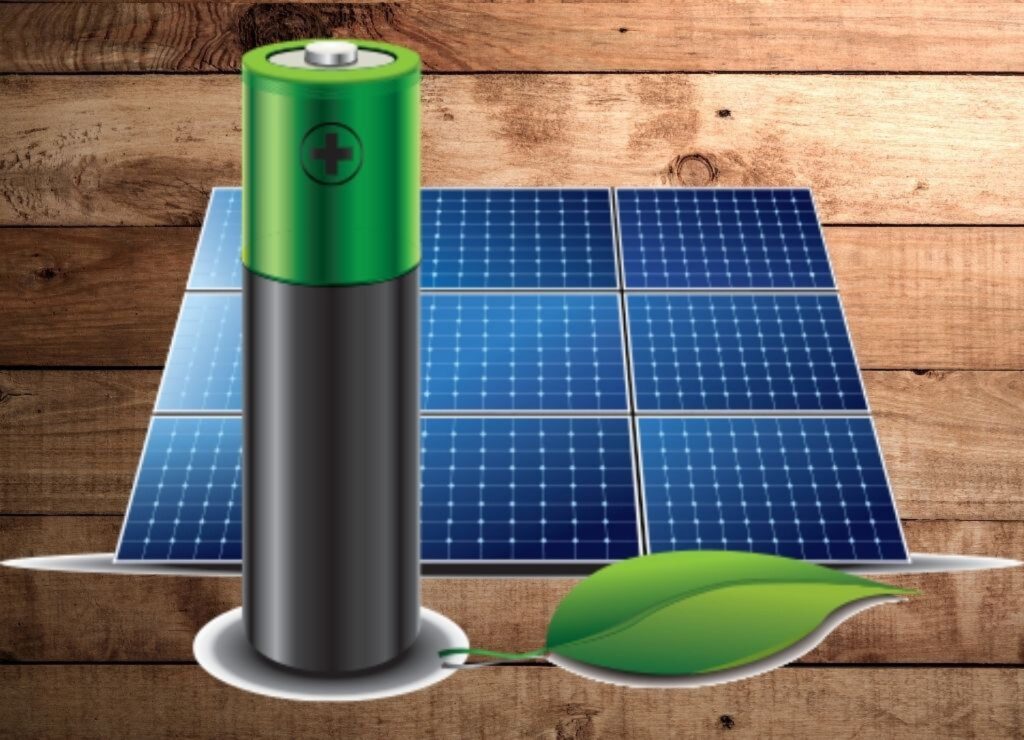Lead-acid batteries can be harmful to the human body if not handled and disposed of properly. The primary concern is the presence of lead, a toxic heavy metal, in the composition of lead-acid batteries. Here are some potential risks associated with lead exposure from lead-acid batteries.
- Lead Poisoning:
- Lead is a neurotoxin that can have severe health effects, particularly on the nervous system, kidneys, and other organs.
- Ingesting or inhaling lead particles, as well as contact with lead-contaminated surfaces, can lead to lead poisoning.
- Handling Precautions:
- When handling lead-acid batteries, it’s important to take precautions to minimize direct contact with lead and sulfuric acid, which is also present in these batteries.
- Wearing appropriate personal protective equipment, such as gloves and safety goggles, is recommended during battery handling.
- Accidental Ingestion or Inhalation:
- Accidental ingestion or inhalation of lead dust or fumes from damaged or mishandled batteries can pose health risks.
- This is a particular concern in environments where batteries are being disassembled or recycled without proper safety measures.
- Environmental Impact:
- Improper disposal of lead-acid batteries can lead to environmental contamination. When batteries are not recycled or disposed of correctly, lead can leach into soil and water, affecting ecosystems and potentially entering the food chain.
To minimize the risks associated with lead-acid batteries, it is important to follow proper safety and disposal guidelines:
- Recycling: Lead-acid batteries are highly recyclable. Ensure that old batteries are taken to authorized recycling centers that can handle lead-acid battery recycling.
- Avoiding Damage: Handle lead-acid batteries carefully to avoid damage and leaks. Damaged batteries can release lead and sulfuric acid.
- Proper Disposal: Follow local regulations for the proper disposal of lead-acid batteries. Many areas have specific collection points or recycling programs for these batteries.
- Personal Protective Equipment: When handling lead-acid batteries, use appropriate personal protective equipment to minimize direct contact.
- Ventilation: Work in well-ventilated areas to reduce the inhalation of lead fumes.
It’s crucial to be aware of the potential risks and take appropriate precautions when dealing with lead-acid batteries to protect both human health and the environment.


